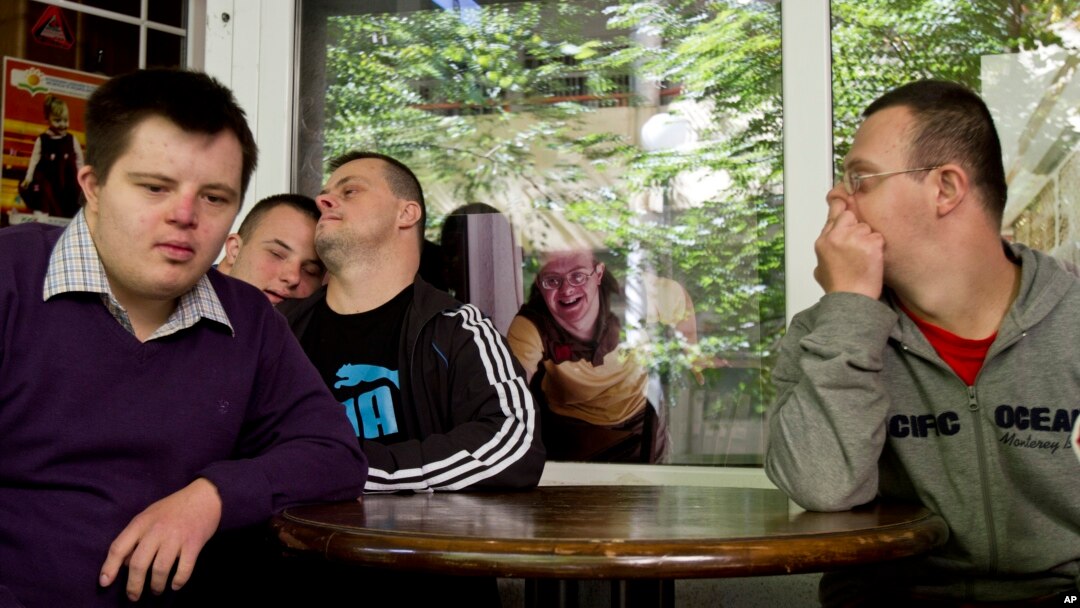Using an inexpensive antibiotic, researchers have corrected many abnormalities in a group of brain cells associated with Down syndrome.
The common genetic disorder is caused by the presence of a portion or entire third copy of chromosome 21, instead of the normal two copies, one from each parent. Down syndrome is marked by mild to moderate intellectual disability, physical growth delays and characteristic facial features.
It occurs in approximately one in 700 births in the United States.
Investigators at the University of California Davis School of Medicine and Shriners Hospitals for Children identified the group of cells in the brain which they say plays an important role in the syndrome’s abnormal neural development. They are the first to show that an abnormal neural support from these astroglial cells is involved in Down syndrome.
The researchers induced patient-derived stem cells to develop into astroglial cells and neurons, creating a new model for studying the disorder. They found that an inexpensive antibiotic, called minocycline, corrected flaws in the action between the cells and developing neurons.
The findings appear online on Nature Communications.
The patient derived stem cells, which scientists say are superior to a less complex animal model of the human disorder, will allow them to test potential therapies for Down syndrome.
The star-shaped astroglial cells play a role in the transmission of nerve impulses, as well as helping to form the brain’s physical structure.


